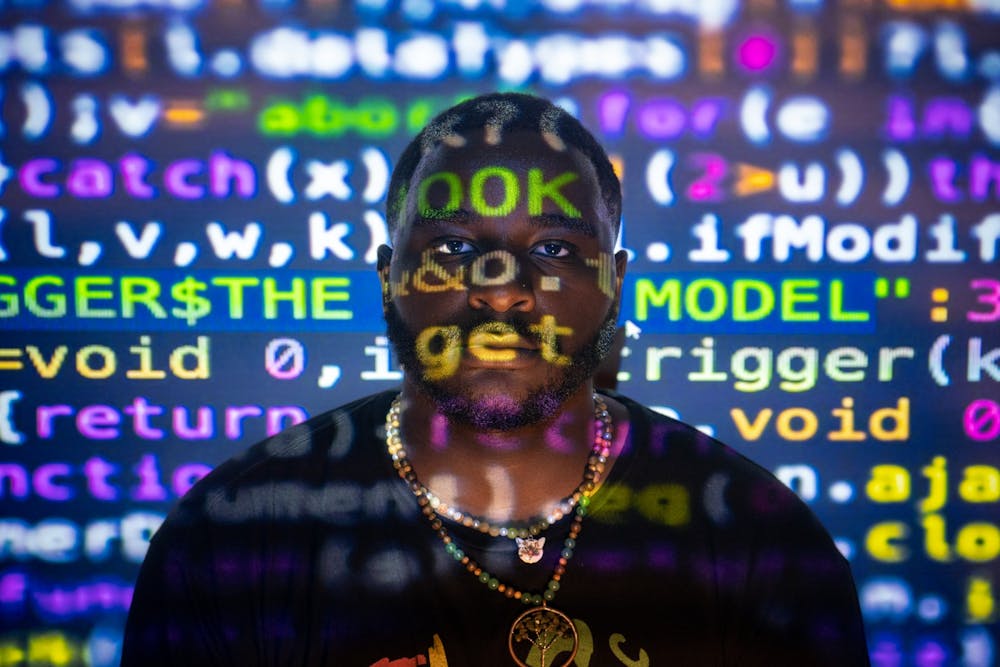My existential crisis began like any other: a well-meaning conversation with my relatives.
Nowadays, any discussion with those older than me inadvertently drifts toward my future career plans, and as always, I have the same answer: I would like to pursue law after graduating. This is always received with support and encouragement and a healthy dose of pragmatism.
The particular form of pragmatism came in the topic of artificial intelligence, a burgeoning concern that worms its way into my head every so often.
My uncle pointed out a few softwares that could complicate my pursuit, mainly emphasizing a platform called LawChatGPT, the ChatGPT equivalent for legal research and analysis. If utilized properly, it would effectively wipe out positions like legal assistants and paralegals. One well-versed question crafted within seconds, hitting all the points, is the difference between the work produced by AI and my own, which would probably take many hours of diligent work.
It certainly didn't help that he asked ChatGPT for advice regarding my career aspirations shortly afterward. Suffice to say, if I am asking my rival for help, I may be obsolete before I even apply to law school.
It isn't just the legal industry. Generative AI, artificial intelligence technology that is versatile in its use, could potentially raise GDP by seven percent according to Goldman Sachs, but it comes at the cost of 300 million jobs internationally succumbing to automation. In the United States and Europe, two-thirds of jobs may incorporate some level of artificial intelligence, and approximately a quarter of all jobs will fall to artificial intelligence completely.
As of right now, jobs based heavily in writing and creating, repetitive calculations, prediction, synthesis and analysis of information are the most at risk. Some notorious sectors that fall under this umbrella include technology, media, education, finance and customer service. The most popular industries of choice for graduates today, like computer programming, financial work and data analytics, happen to be the most susceptible to this change.
This isn't anything new. The cause for innovation is efficiency, and that efficiency often comes with numerous livelihoods at stake. Two hundred years ago, a majority of Americans worked as farmers. That number has now dwindled to less than two percent due to advancements made in the agricultural industry and elsewhere. It's the same event, just a different font. Though, due to these same technological advancements, more opportunities presented themselves and allowed for a varied job market, which lends for some comfort.
AI also has its share of weaknesses, ranging from our own growing over-dependence on external tools to stifling creativity. It is largely reliant on preexisting data, leading to messy copyright battles with the original creators, especially when generating images and using other artists' and writers' work for reference.





